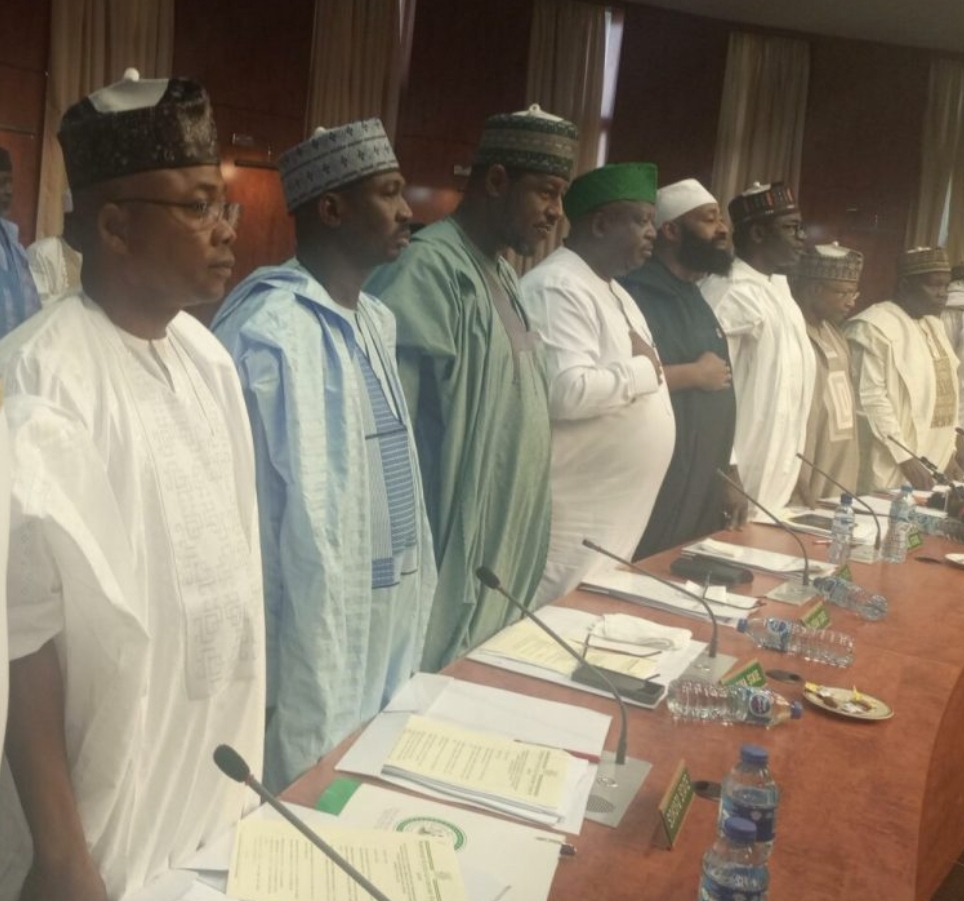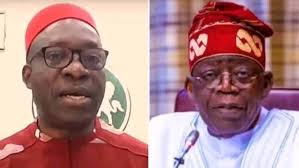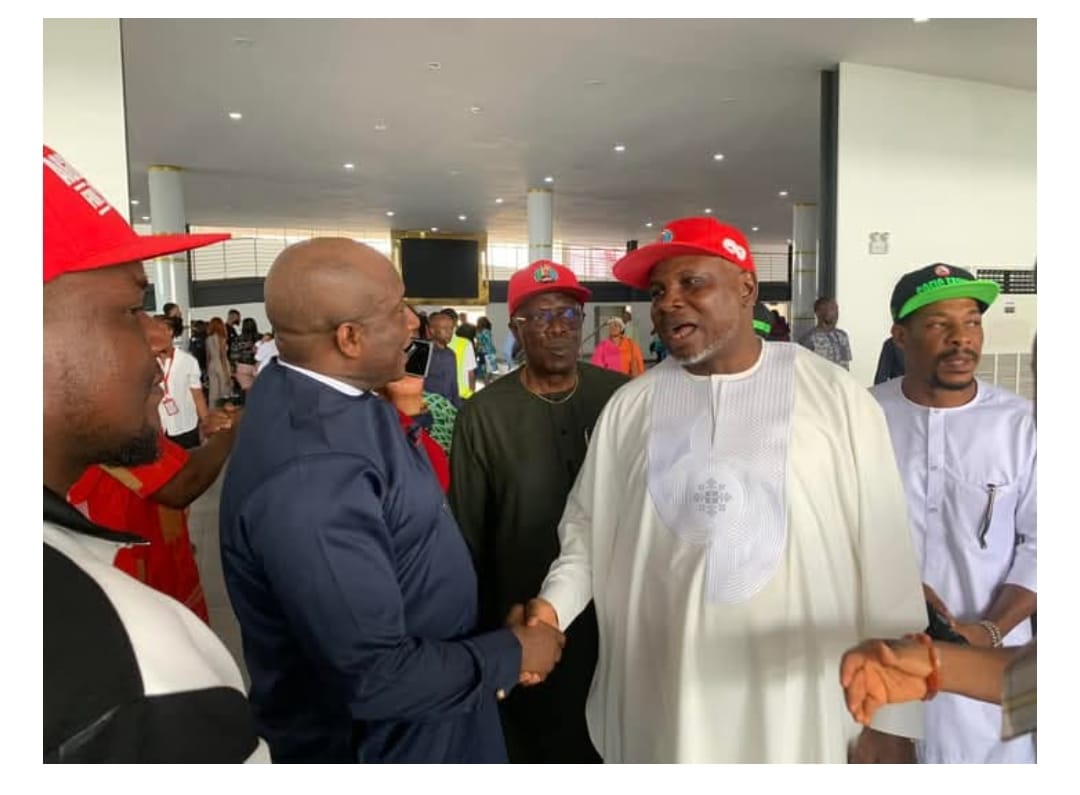Ability Chukwuemeka Mbah
When the former Governor of Enugu State as well as former PDP National Chairman, Dr Okwesilieze Nwodo prophesied that Enugu State PDP Gubernatorial candidate, Dr Peter Ndubuisi Mbah will usher Enugu State into the fifth industrial revolution, economic analysts might think it’s the normal political cheap talk usually made whenever politicians gather. But that’s far from it.
Taking our mind down memory lane, let’s evaluate the various epochs of industrial revolution, in order to grasp the enviable opportunities that abounds in our dear State. As well as the need to hire the best hand to run it come 2023. The first Industrial Revolution began in England in the 1760s or even before that, when English society transformed from agrarian to industrial. Processes became mechanized and products were manufactured for the first time. During this period, the discovery of coal and its mass extraction, as well as the development of the steam engine and metal forging completely changed the way goods were produced and exchanged. Inventions such as spinning machines and looms to make fabric were making their appearance. Canal transportation began replacing wagon and mules for moving around these goods.
As the first industrial revolution was driven by coal, the second that began in the 1870s and integrated Africa into European capitalist economy revolved around the discovery of electricity, gas and oil, with England, France & Germany leading the race. The invention of the combustion engine went hand-in-hand with these fuel sources. Both steel and chemically based products entered the market during this time. Developments in communication technology got a jump start with the telegraph and later the telephone. Transportation grew by leaps and bounds with the invention of the plane and car. Mechanical production grew in speed through the advent of mass production.
Almost hundred years later, from the 1950s and 1960s, the third industrial revolution sets in as nuclear energy and electronics enter the landscape. Nuclear power began in Europe in the course of World War II, grew in both Great Britain and the United States, went into remission for years, before expanding to Asia as Africa struggle to find it’s feet in the sector.
The fourth Industrial Revolution came with Internet and Renewable Energy in the latter years of the 20th and early 21st centuries. As we continue moving through the fourth industrial revolution, we see a shift to renewable energy such as solar, wind and geothermal. However, the momentum comes not from the shift in energy but from the acceleration of digital technology. The internet and the digital world mean a real-time connection within more and more components of a production line, both inside and outside facility walls. As the development of the Industrial Internet of Things, cloud technology and artificial intelligence continue, a virtual world will merge with the physical world. Predictive maintenance and real-time data will lead to smarter business decisions for a myriad of companies and institutions around the world.
The fifth industrial revolution at it’s infancy is simply the combination of humans and machines in the workplace. Meaning, if the humans are not coordinated, lacking the requisite skills, low ethical standards, and abdicate from taking tough decisions; then the machines will leave us humans behind. Imagine such a world! Marc Benioff pointed this out to the World Economic Forum by stating that “in the fifth industrial revolution, we’re going to have a Chief Ethical, Humane and Discipline officer”, who will be able to ask “are we using these technologies for the good of the world?”
We can now deduce from our analysis above that the first revolution mechanised the textile industry. The second industrial revolution gave us the assembly line, high volume industrial production and high mass consumption. The third allowed information to be captured in digital format and to be cost-effectively transformed, manipulated and transmitted. The fourth industrial revolution provided us with robotics, artificial intelligence, augmented and virtual reality. It also pertinent to note that the third and fourth industrial revolutions were hard on humans and the environment. Previous generations had to adapt their lifestyle to what the machines could do. But the fifth industrial revolution is different. Human beings will be front and centre in the production process and institutional management.
Dr Peter Ndubuisi Mbah is ready to provide leadership and stair Enugu State through the fifth industrial revolution. In his recent parley with some Youth Leaders in the State, just as he usually does in other public fora, he stated “I have not come to do things in a better way, I’m here to do things differently. Doing things in a better way will only secure marginal growth but doing it differently through a disruptive innovation as we did in Pinnacle Oil Limited will amount to an exponential growth. This is what we will witness in Enugu State under our government”.
What more do we, Ndi Enugu State need than to support Dr Peter Ndubuisi Mbah. He will make a difference by setting Enugu State on the path of economic growth and development driven by technology and investment.
Ability writes from Onukwachi village, Ogere Owo, Nkanu East LGA!











